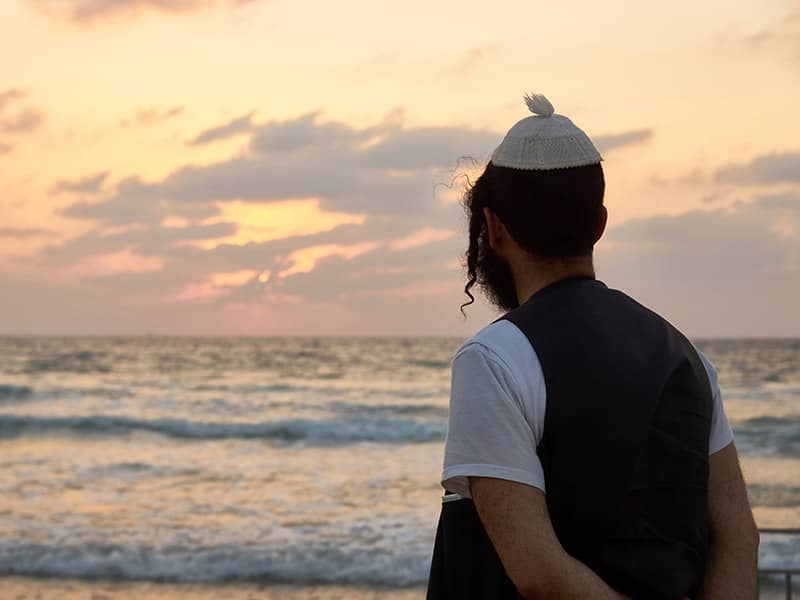Some musicians and artists have the talent to "cross over" and reach audiences beyond ethnic, racial and national borders. But few spiritual leaders significantly influence other communities, since their messages are usually intended for members of their own religious traditions.
Rabbi Abraham Joshua Heschel, who was born 100 years ago (Jan. 11, 1907) in Warsaw, Poland, was just such a "crossover" phenomenon. When Heschel died in 1972, he was one of the most important Jewish theologians of the 20th century. Yet he also had a profound impact on many Christian clergy and lay people; the late Coretta Scott King called Heschel "one of the great men of our time."
His achievements are all the more extraordinary because he was born into the intensely Orthodox Jewish world of pre-World War I Poland that was destroyed during the Holocaust, a community accurately called the "lost spiritual capital" of the Jewish people. Both of Heschel's parents were linked to prominent rabbinic families.
Young Abraham Joshua, the youngest of six children, received a traditional Orthodox Jewish education that included rabbinic ordination. Heschel then left Warsaw and earned a doctorate from the University of Berlin and a second ordination from a progressive German rabbinical school. His doctoral thesis was a remarkable study of the Jewish prophets.
He would likely have been one of the 6 million Jews to die in the Holocaust had he not come to Cincinnati in 1940 to teach at Hebrew Union College, the Reform Jewish seminary. But Heschel, an extraordinary combination of modernity and rich religious tradition, was ill at ease at HUC, which minimized "Halacha" -- Jewish religious observance and law.
In 1945, he moved to the Conservative movement's Jewish Theological Seminary in New York City, where he taught Jewish ethics and mysticism until his death. There, he achieved international acclaim as a gifted teacher who inspired two generations of students, including many spiritual disciples. Today, his daughter Susannah is professor of Jewish studies at Dartmouth.
Heschel's mastery of philosophy, authentic Kabbalah, Hasidic thought and Jewish mysticism was linked to a reverence for the biblical prophets, a love for the state of Israel, and a hatred of all forms of racism, bigotry and prejudice.
However, academic teaching alone was insufficient for him, and Heschel translated his Judaism into decades of social justice activism.
He became a leader in the American civil rights struggle. An iconic photo shows Heschel marching together with Martin Luther King Jr. in Selma, Ala., during the 1960s. It was a moment, he said, when "I felt my legs were praying." He was also an early supporter of the movement to free Soviet Jewry from the Communist yoke.
During the Second Vatican Council in Rome (1962-1965), Heschel met Pope Paul VI and helped pave the way for the historic "Nostra Aetate" Declaration that forever changed Catholic-Jewish relations. It was Heschel who persuaded the pope to delete a proposed paragraph that referred to converting Jews to Christianity.
At his death, Heschel was a prominent foe of the Vietnam War. He angered many when he offered the nation this choice: "Losing face (by withdrawing) or losing our souls (by continuing an unjust war)."
Although English was his fifth language (after Yiddish, Hebrew, Polish and German), Heschel wrote in an extraordinary English that still stirs both Jews and Christians.
Some of his quotations resonate 35 years after his death: "Wonder rather than doubt is the root of all knowledge. ... Life without commitment is not worth living. ... In regard to cruelties committed in the name of a free society, some are guilty, while all are responsible. ...When I was young, I used to admire intelligent people; as I grow older, I admire kind people."
No wonder Professor Reuven Kimmelman of Brandeis University has called Heschel "our generation's teacher."
2024-05-07
2024-05-07
Beliefnet Editor
more from beliefnet and our partners

